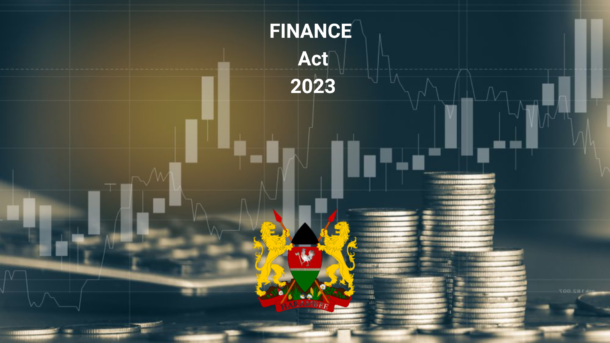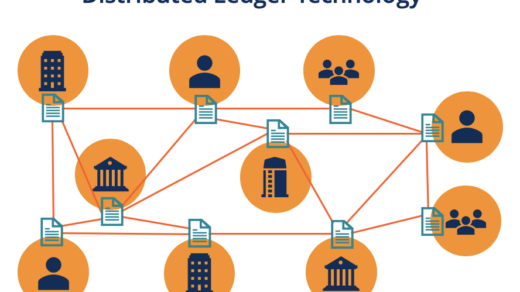Kenya’s growing crypto adoption has led to significant regulatory developments in the financial landscape. In response to the increasing popularity of digital assets, the Kenyan government introduced the Finance Act 2023, which includes provisions for a Digital Asset Tax (DAT). This tax aims to regulate and tax income generated from the transfer or exchange of digital assets, including cryptocurrencies and non-fungible tokens (NFTs).
This article delves into the key aspects of the Finance Act 2023 and the implications it carries for the crypto community in Kenya.
The Digital Asset Tax (DAT)
Under the Finance Act 2023, the Digital Asset Tax (DAT) is introduced as a 3% tax to be levied on income derived from the transfer or exchange of digital assets. Digital assets are defined as anything of value without physical presence, including cryptocurrencies and NFTs, generated through cryptographic means or other methods.
They serve as a digital representation of value that can be electronically transferred, stored, or exchanged. This broad definition encompasses a wide range of digital assets used in various transactions.
Tax Collection and Remittance
The responsibility for ensuring that the Digital Asset Tax is paid falls on the platform or entity involved in the exchange or transfer of digital assets. This means that all platforms, individuals, and companies providing a medium for users to hold, transfer, or convert digital assets from one form to another will act as tax agents for collecting and remitting the DAT.
For centralized exchanges operating within Kenya, they are mandated to deduct the 3% tax at the point of exchange or transfer. The deducted tax is based on the total value of the asset being transferred or exchanged, irrespective of whether the transaction results in a profit or a loss. It’s worth noting that these exchanges must register with the Kenyan Revenue Authority to facilitate the remittance of these taxes.
Non-resident platform owners have a shorter window for remittance. They must forward the deducted tax to the tax authority within 24 hours after the transaction takes place. This may pose a challenge for many crypto traders who engage in frequent trading activities.
Implications of the DAT
The introduction of the Digital Asset Tax has significant implications for the Kenyan crypto community:
- Short Deduction Period: The requirement for exchanges to deduct tax within 24 hours may not be well-received by crypto traders who engage in high-frequency trading. This short timeframe could lead to logistical challenges for both traders and exchanges.
- Tax on Turnover: The DAT is applied to turnover rather than gains, which means that traders may be subject to taxation even if their transactions result in losses. This aspect could discourage some crypto traders from participating in the market.
- Regulatory Compliance: Centralized exchanges and platform owners must ensure that they comply with the new tax regulations, including registration with the Kenyan Revenue Authority. Failure to do so may result in legal consequences.
- Impact on Crypto Economy: The DAT introduces a new layer of taxation on the crypto economy in Kenya. It remains to be seen how this tax will influence the behavior of crypto users and whether it will have long-term effects on the adoption and trading of digital assets.
Conclusion
Kenya’s Finance Act 2023 introduces the Digital Asset Tax (DAT) to regulate and tax income derived from the transfer or exchange of digital assets. This tax seeks to address the challenges posed by the growing crypto market in Kenya.
While it aims to enhance regulatory compliance and generate revenue for the government, the short deduction period and the taxation of turnover raise concerns for crypto traders and exchanges. The implementation of the DAT and its impact on Kenya’s crypto economy will be closely monitored as the regulatory landscape continues to evolve.




